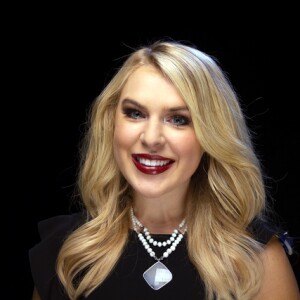MERIDIAN — "It was my passion, and I rode professionally for 14 years," said Abrams.
Fourteen years riding as a professional racehorse jockey suddenly came to a halt.
"A freak deal, four-horse field, I got cut off by another horse, my horse stumbled and fell and broke my back," said Abrams.
A freak deal that left her with a lacerated eye socket, broken nose, chin and neck in four places, and injuries she didn't realize the gravity of at the time.
"I was conscious the whole time, talking to people, and they didn't really know the extent of my injuries until the EMTs asked if I could feel my legs and I said no," said Abrams.
She was life-flighted to Salt Lake City for a back fusion, then went to Denver for inpatient rehab, 8 hours a day, five days a week. After returning to Boise, she set a new goal: driving.
"Driving is a very high priority to most patients, in part because we live in rural Idaho, and we really don't have public transportation that allows them to get where they need to go," said occupational therapist Kim Hendrickson.
Living on a farm and commuting to the city meant she didn't want just to drive just any car.
"I wanted a truck I was adamant I had a truck before, and I wanted a truck, I didn't want a van, and vans work for lots of people, and that makes sense, but it didn't work for my situation," said Abrams.
That's where Access Vans comes in.
"There's a lot of people we can get behind the wheel again," said the owner of Access Vans Chris Thomas.
Chris was injured in a snowmobiling accident in the nineties. Since then he's been combining his passion, the automotive industry, with a necessity for many disabled people. He even modified the car and van the hospital uses to teach the driving rehabilitation.
"In training with her we used hand controls, so she was accelerating and breaking the car with her left hand with hand control, and using a steering knob that's placed on the steering wheel with her right hand to steer the vehicle," said Hendrickson.
Though Nikeela won't be getting back in the saddle, she's happy she still has the freedom to steer herself wherever else she chooses.
"It's vital for my livelihood as well as just my overall mental health to be able just to load up and go where I want when I want," said Abrams.




